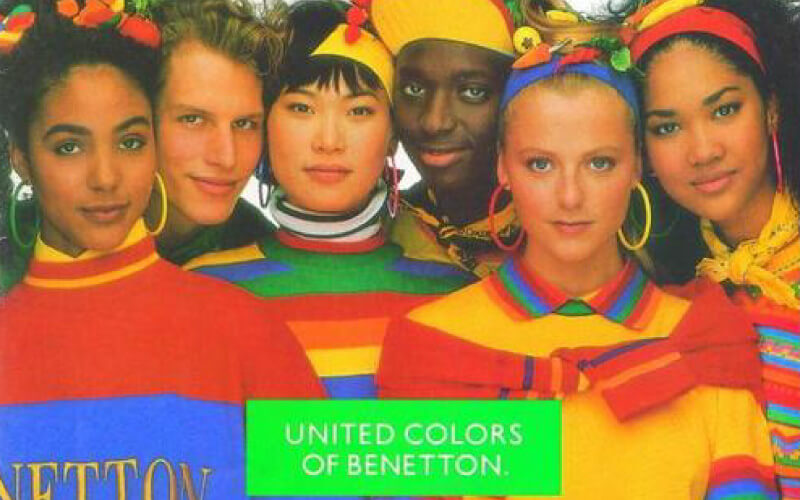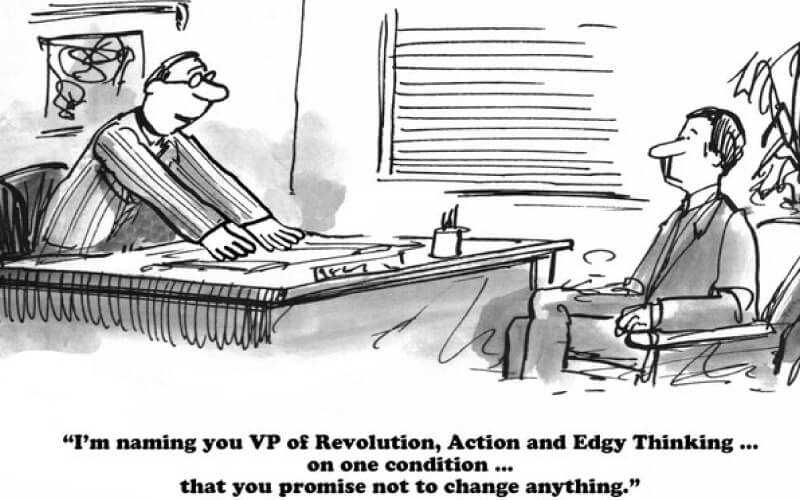Welcoming dissent and divergence
The fun started as some voiced unexpected opinions on historical injustices. Others were called out for their unconscious biases in the way they spoke. One of the team realised he had a working style which was, unintentionally, rather abrasive.
This of course was all part of their learning and the basis upon which we gave them real-time feedback, helping them to become more self-aware in a genuinely diverse working environment.
Most importantly the participants were able to embody and express their unique selves rather than merely act out their corporate personas, which meant a wealth of individual insights were newly accessible for the whole team. It benefitted each of them individually while also adding to the quality of the work they produced together.
Had they remained guarded in their interaction they would have doubtless gained less and produced bland results.
Most of us are not familiar or comfortable with this type of conversation - direct, open and challenging. In the corporate environment it is often perceived as risky or even inappropriate.
It requires patience, respect, humility, and a willingness to have our position challenged, and even be proven wrong.
It takes courage, too. Because it is much easier to simply follow along, play safe and suppress personal views, especially if these might contradict management or be perceived as attracting the wrong kind of attention.
Perhaps now more than ever when sensitivities around gender and culture are heightened, many managers who lack the communication skills to lead or even contribute to candid conversations will instead seek to avoid and sterilize them.
The mark of a truly diverse company is when leadership not only tolerate but indeed welcome dissent and divergent views. Learning how to capture the "leadership moment" and thus intervene at the right time to challenge groupthink or share a different view is a skill that we promote with our PRISM Tool for creating and sustaining high-performing teams.
How does your company stack up against this metric of diversity in thinking?
Call us or write to us and share your stories.































